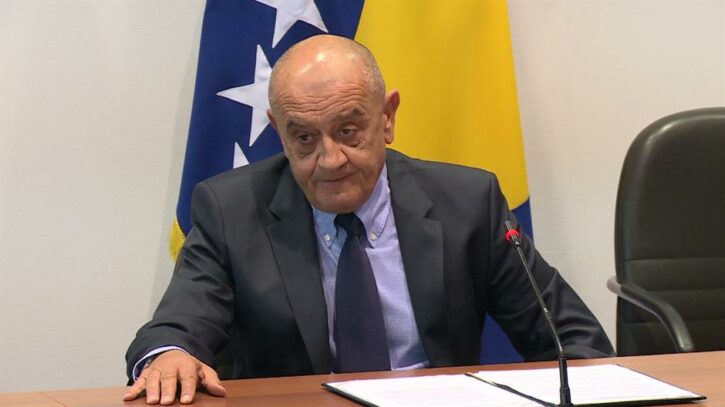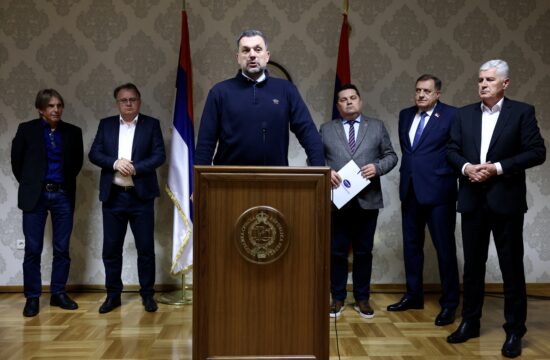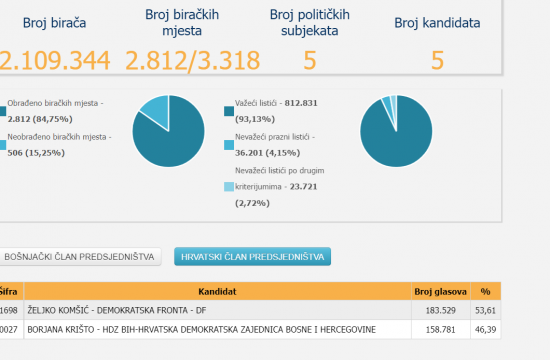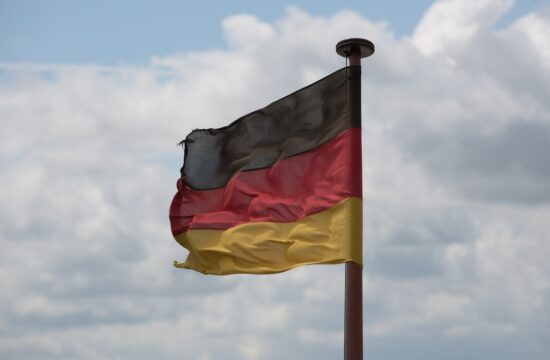
The media campaign against the presence of the Croat officials in the ceremony marking the Day of Republika Srpska (RS) is unacceptable and counterproductive, a senior Croat official Vjekoslav Bevanda said on Monday commenting on the reactions sparked by the attendance of some Croat politicians in the controversial RS Day celebration marked in Banja Luka on Monday.
“I have no problem showing up anywhere and facing anyone, nor will I ever excuse myself for not hating and for being ready to cooperate for the benefit of all,” said Bevanda a senior official of the Croat Democratic Union (HDZ BiH) whose leader, Dragan Covic, was also among the attendees of the Monday event in Banja Luka.
Bosnia's Constitutional Court banned in 2015 the celebration of the Day of Republika Srpska, Bosnia's Serb-dominated entity, on January 9, as this date falls on an Orthodox religious feast and, the court decided, it is discriminatory against the non-Serbs, mostly the Muslim Bosniaks and the mostly Catholic Croats.
RS authorities never approved the decision and continued observing the date, despite the court order to find a new date for the RS Day celebration in six months.
HDZ BiH leader Covic is a political ally of Bosnian Serb leader Milorad Dodik who became the Serb member of Bosnia's tripartite Presidency in October and has for years advocated secession of the RS from the country.
Apart from Covic, the ambassador of neighbouring Croatia also attended the ceremony, which triggered strong reactions mainly among Bosniak politicians. Bosnia's Council of Ministers Chairman called it a “diplomatic scandal and a hostile act” and Croatian Prime Minister announced summoning the ambassador for consultations regarding this matter.
Bevanda, who is outgoing Minister of Finance and Treasury, however, calls the whole situation an inflammatory campaign and assessed it as concerning.
It is concerning how easily “the poisonous darts are sent towards the Croat representatives in Bosnia and Herzegovina, even when it comes to some benign events.”
Referring to Bosniaks, Bevanda said it was “horrifying” how representatives of “the largest in number people in Bosnia and Herzegovina act and with how much hatred they appear in the public space.”
“The hatred coming from impassioned stances is a mirror that clearly shows the state of minds, the strong lack of perspective, the lack of respect and lack of capacity for agreement,” said Bevanda.
He urged all political stakeholders in Bosnia to stop creating an atmosphere “denial and divisions,” calling all those who “judge” to turn towards agreement in order to have all institutions start functioning in full capacity.




